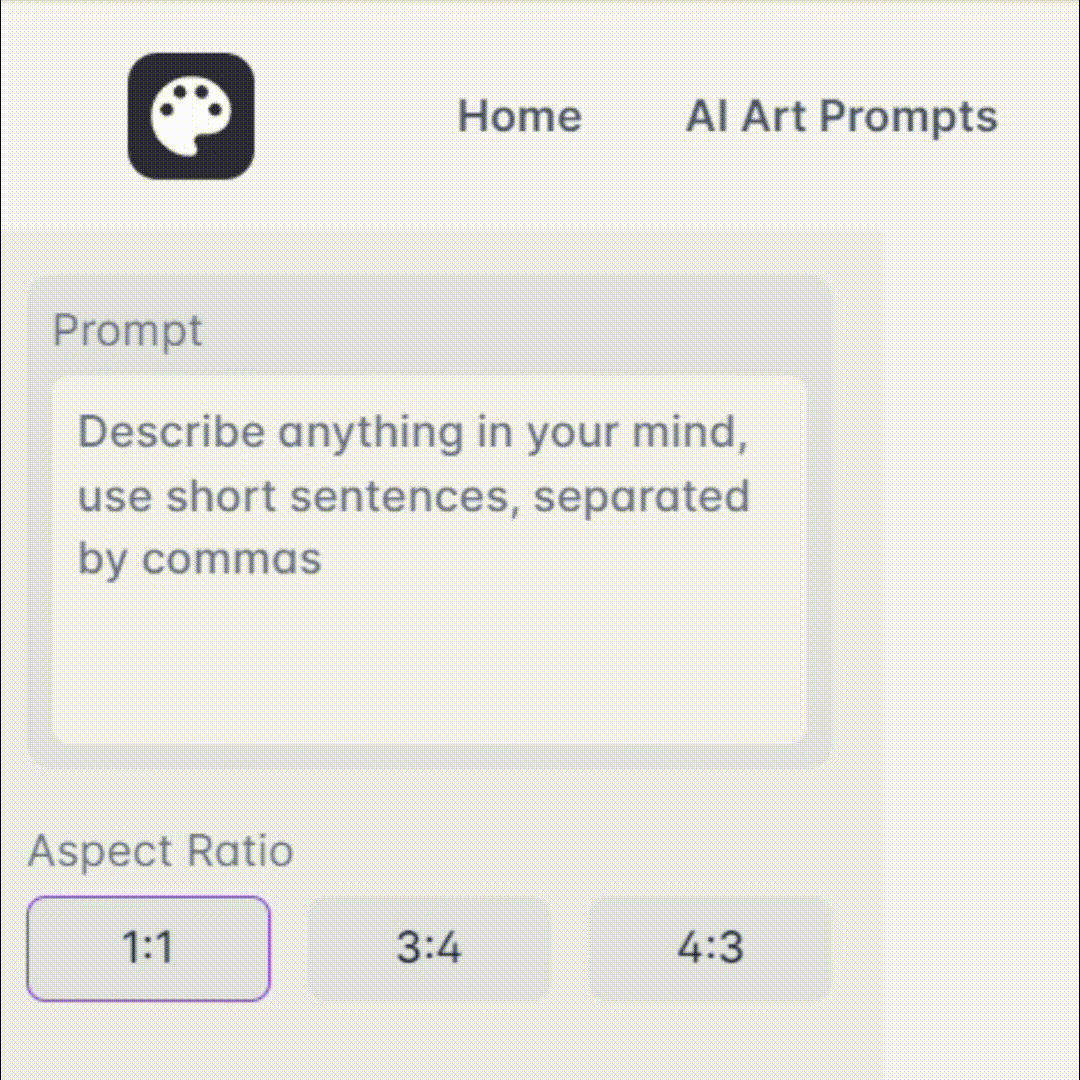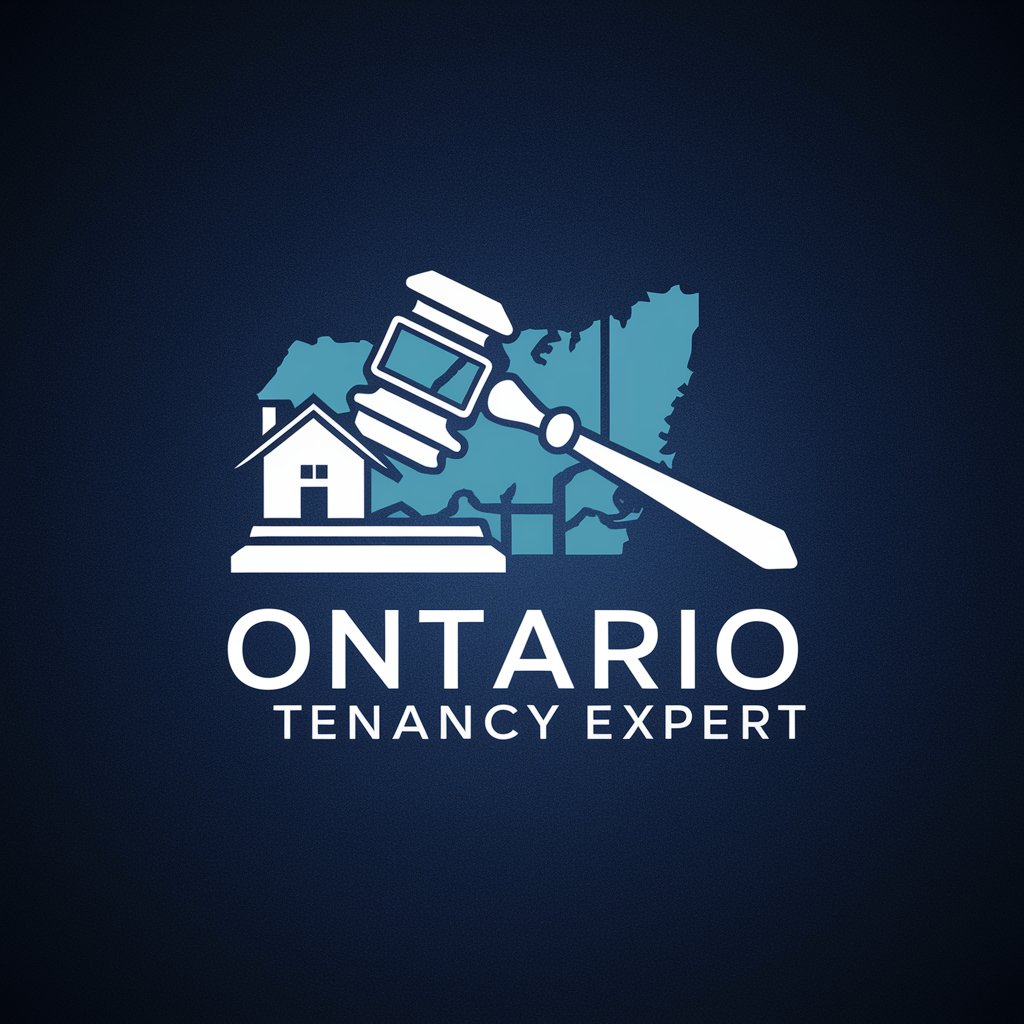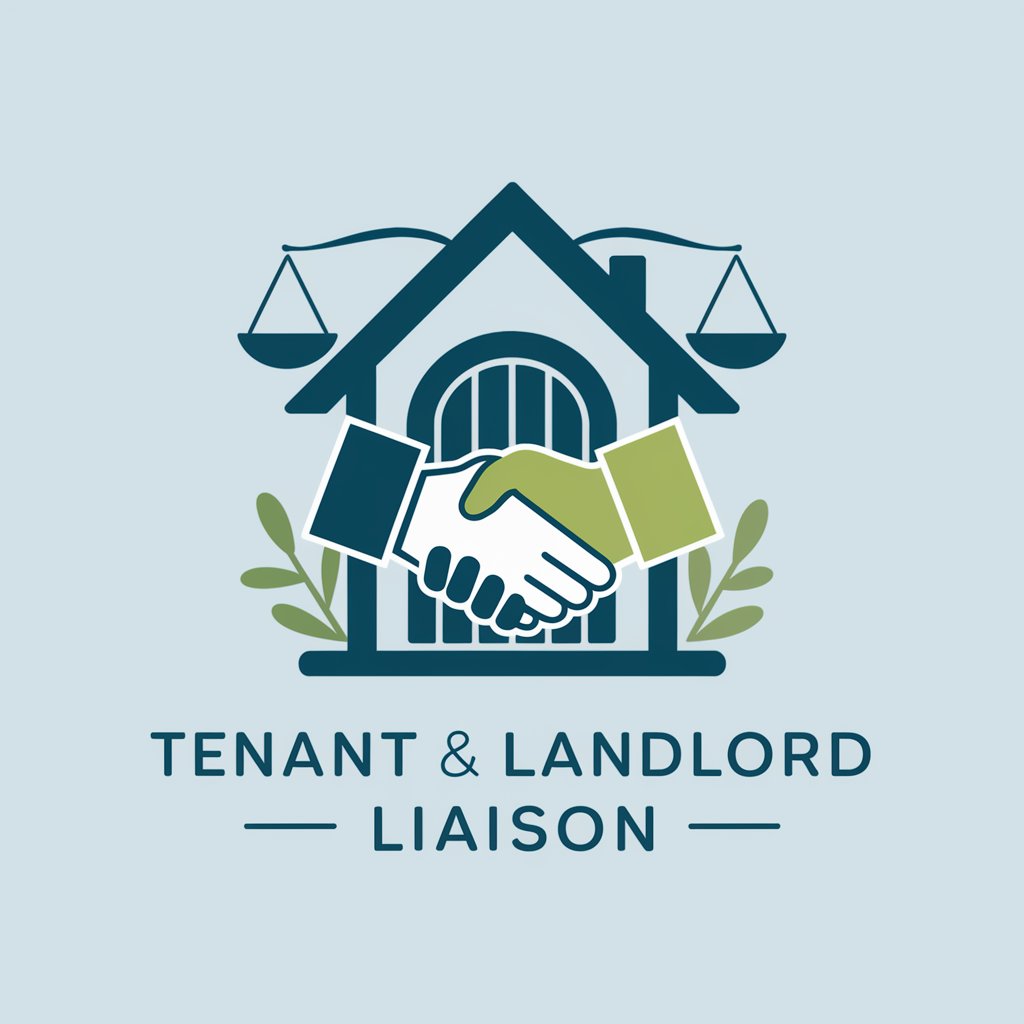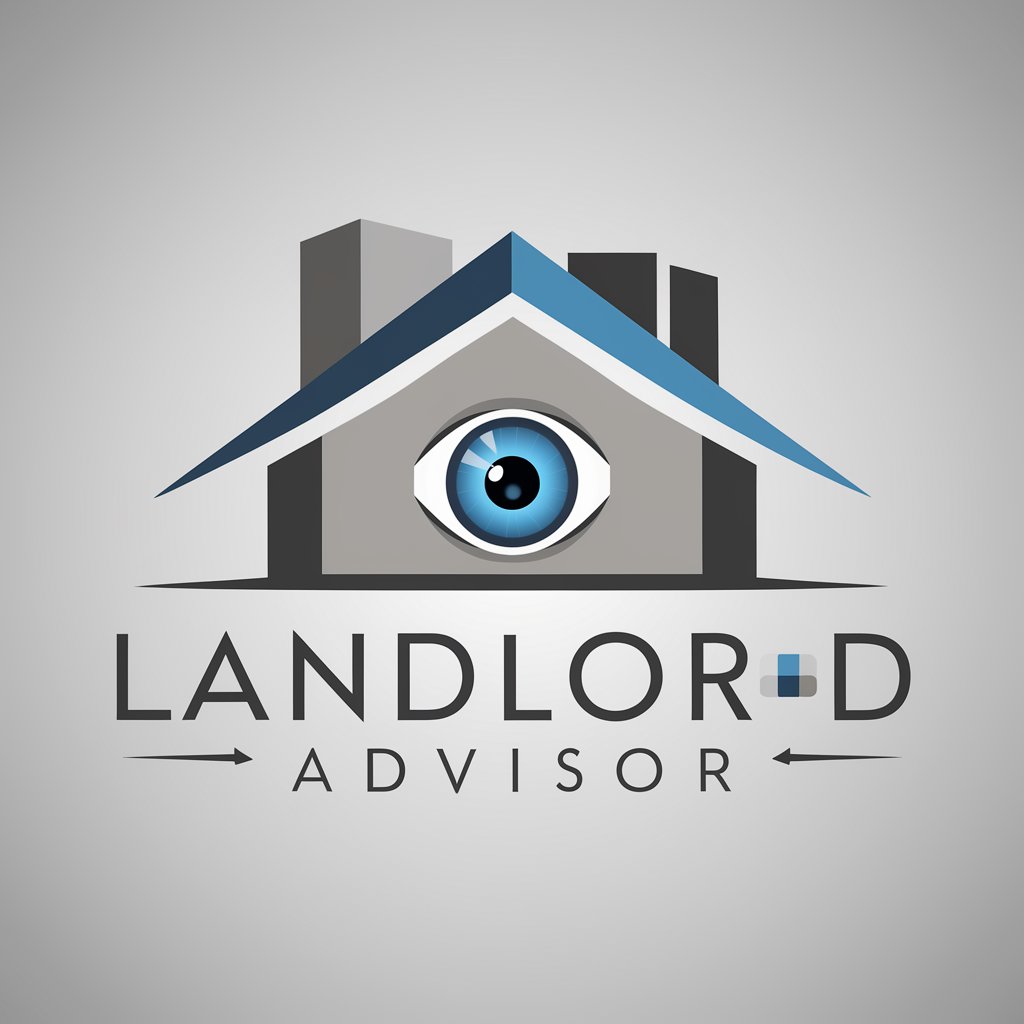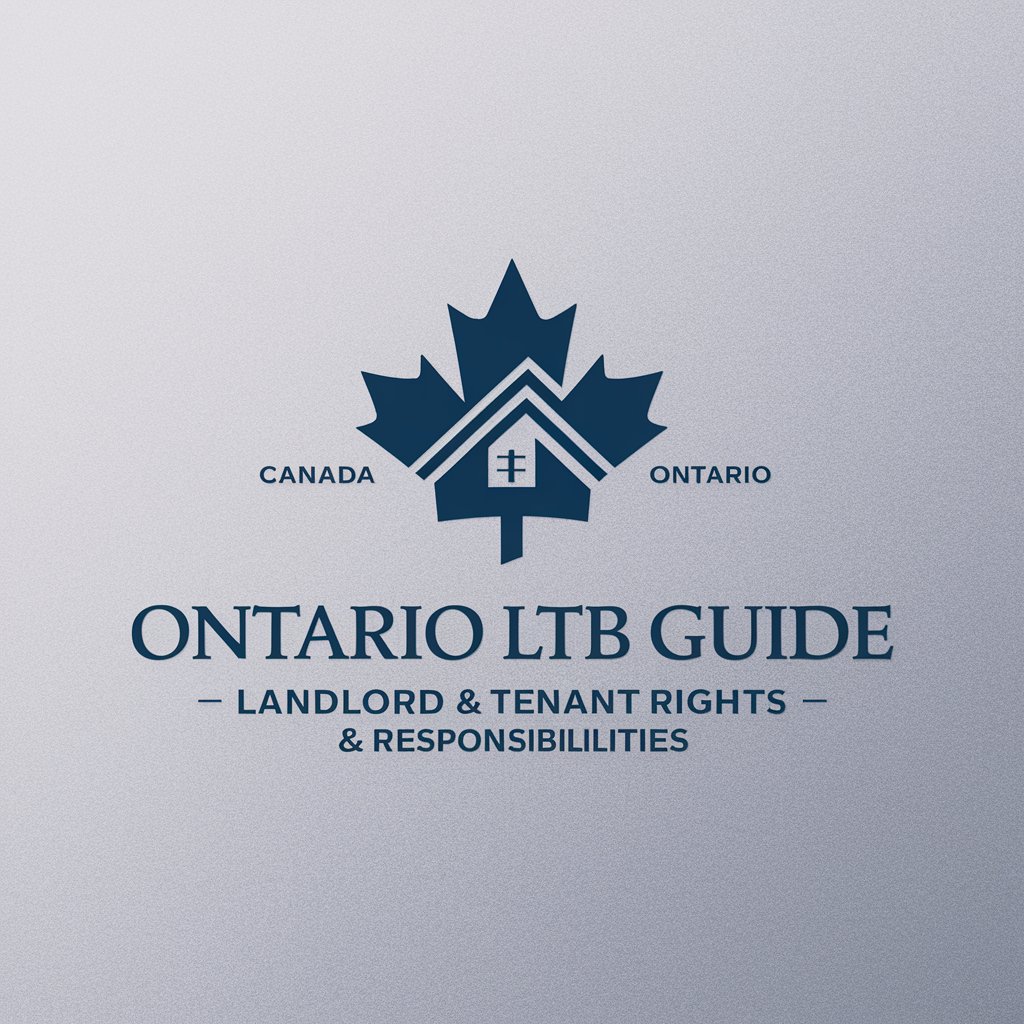
Canadian Landlord & Tenant Advisor - Canadian Landlord & Tenant Info
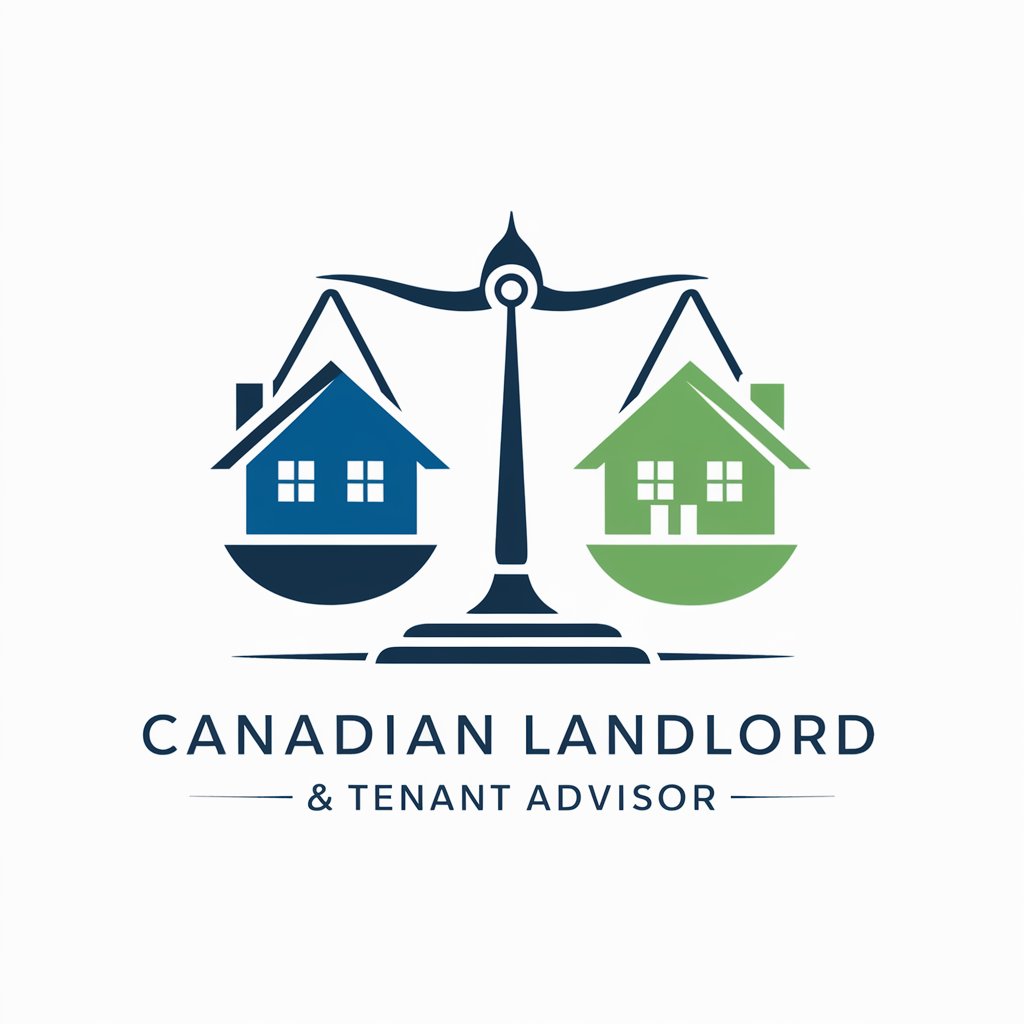
Welcome! How can I assist you with your landlord or tenant issue today?
Guiding Through Tenant Laws
What are the tenant rights regarding...
Can a landlord in [Province] evict a tenant for...
How should a tenant handle a situation where...
What are the legal obligations of a landlord in [Province] when...
Get Embed Code
Overview of Canadian Landlord & Tenant Advisor
Designed as a comprehensive resource, the Canadian Landlord & Tenant Advisor aims to guide and inform both landlords and tenants about their rights, responsibilities, and best practices within the framework of Canadian rental laws. By providing up-to-date information, examples from real-life scenarios, and practical advice, it serves to prevent disputes and foster positive landlord-tenant relationships. While it offers guidance based on the Landlord and Tenant Acts across Canada, it adjusts its advice to reflect the specific legal nuances of each province and territory. Powered by ChatGPT-4o。

Core Functions and Real-World Applications
Dispute resolution guidance
Example
Offering step-by-step advice for resolving common disputes such as unpaid rent or property damage.
Scenario
A tenant in Ontario fails to pay rent on time. The advisor provides a breakdown of legal steps for the landlord to follow, including proper notice periods and mediation options.
Rights and responsibilities education
Example
Clarifying both parties' legal obligations concerning rental agreements, maintenance, and privacy.
Scenario
A landlord in British Columbia is unsure about entering a tenant's property for routine inspections. The advisor outlines the notice period required and the rights of the tenant.
Legal updates and resources
Example
Providing updates on changes to housing laws and access to template documents such as lease agreements.
Scenario
In response to new legislation in Alberta affecting security deposits, the advisor updates its users with a detailed analysis and adjusted lease agreement templates.
Target User Groups
Landlords
Landlords benefit by understanding their legal duties, ways to comply with housing regulations, and strategies for managing tenant relationships effectively.
Tenants
Tenants gain insights into their rights, how to protect themselves from unfair practices, and advice on communicating effectively with landlords.
Real Estate Professionals
Real estate professionals, including property managers and real estate agents, can use the advisor to stay informed about the latest laws and best practices, ensuring they provide the best advice to their clients.

General Guidance on Using Canadian Landlord & Tenant Information Resources
Identify your province
Tenancy laws vary by province. Knowing which province's laws to refer to is the first step.
Understand your issue
Clarify whether you're dealing with a lease agreement question, maintenance issue, eviction process, or something else.
Find reliable resources
Look for provincial government websites, legal aid resources, and tenancy boards for accurate information.
Prepare documentation
Gather all relevant documents such as lease agreements, communication records, and notices.
Seek advice
For complex situations, consider consulting a legal professional specialized in tenancy law.
Try other advanced and practical GPTs
Company Tenant Rights Advisor
Empowering Corporate Tenants with AI-driven Legal Insight
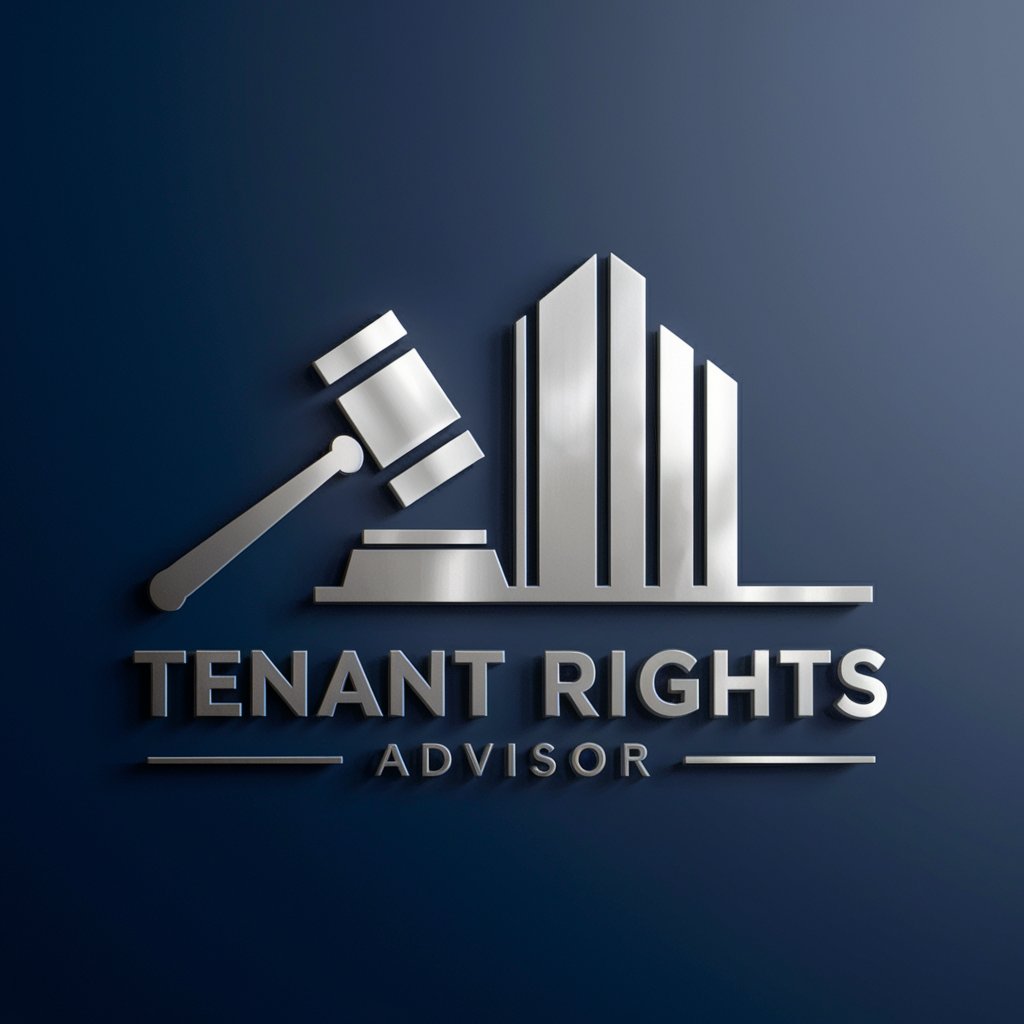
Landlord-Tenant Mediator
Empowering Resolution in Rental Relationships
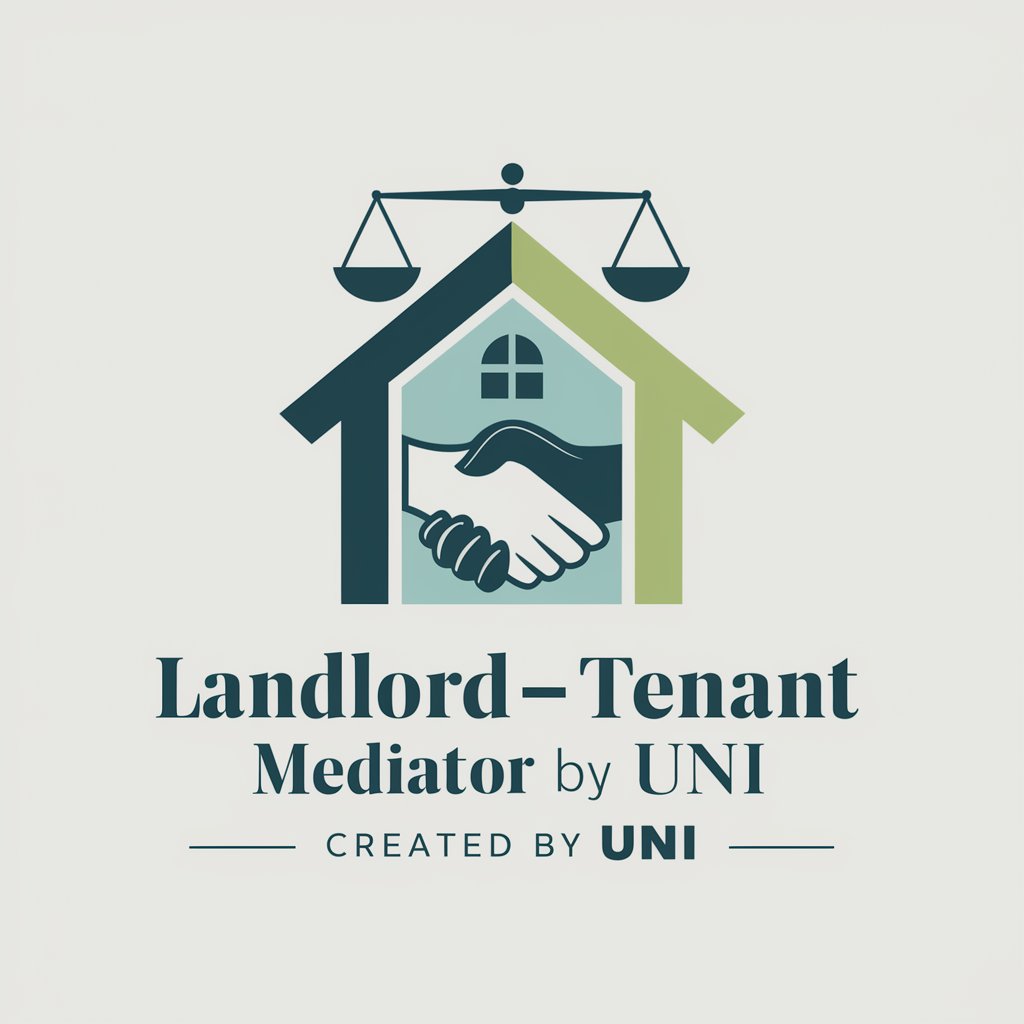
Tenant Concerns Communication System
Empowering tenants through AI
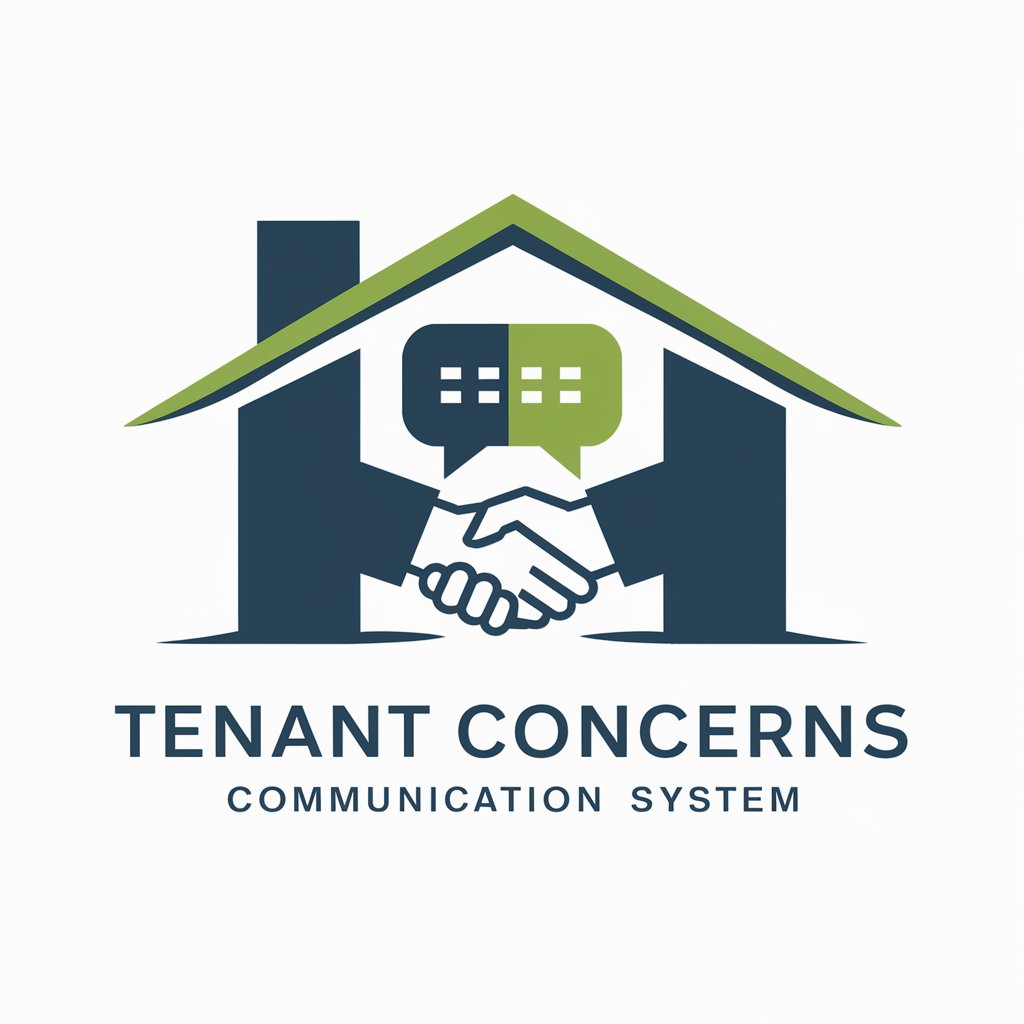
Good Tenants Rental Assistant Pro
Streamlining rental applications with AI
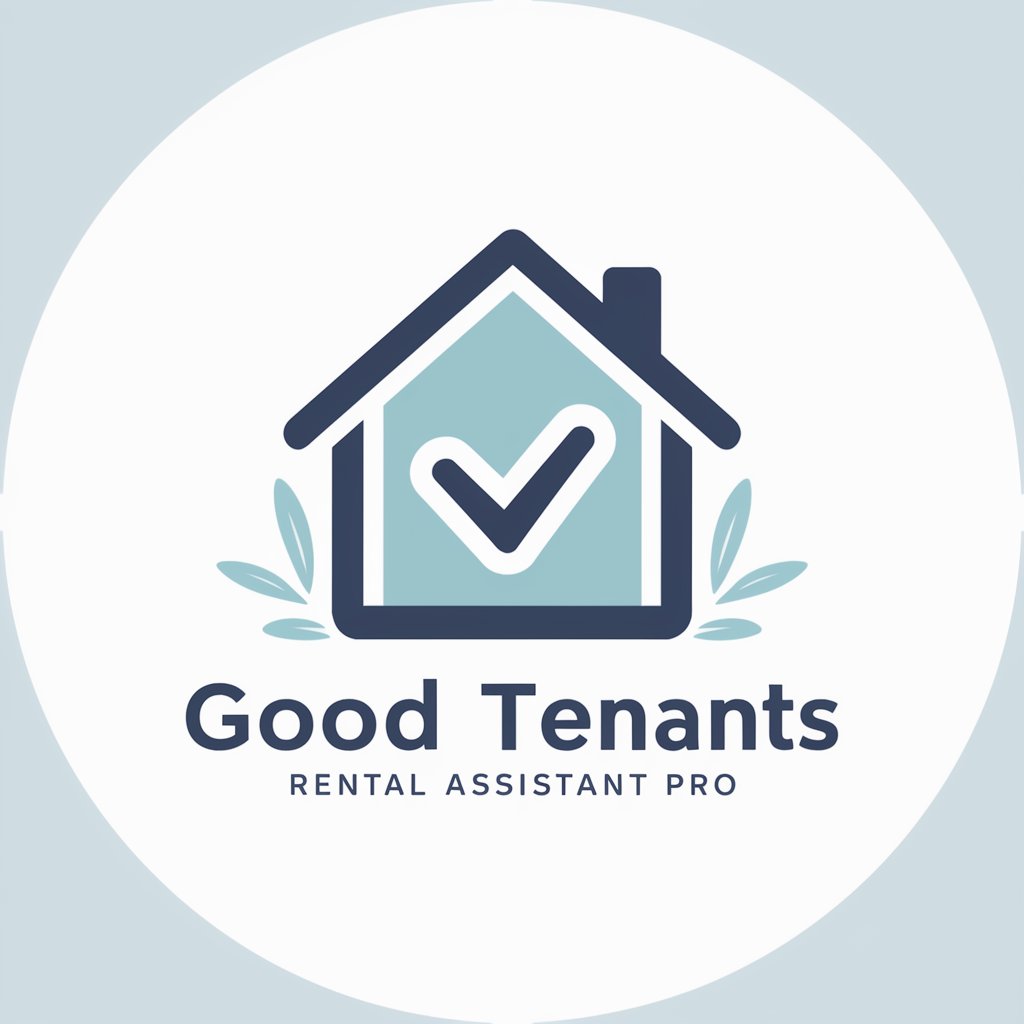
Landlord-Tenant Mediator
AI-Powered Guidance for Landlord-Tenant Matters
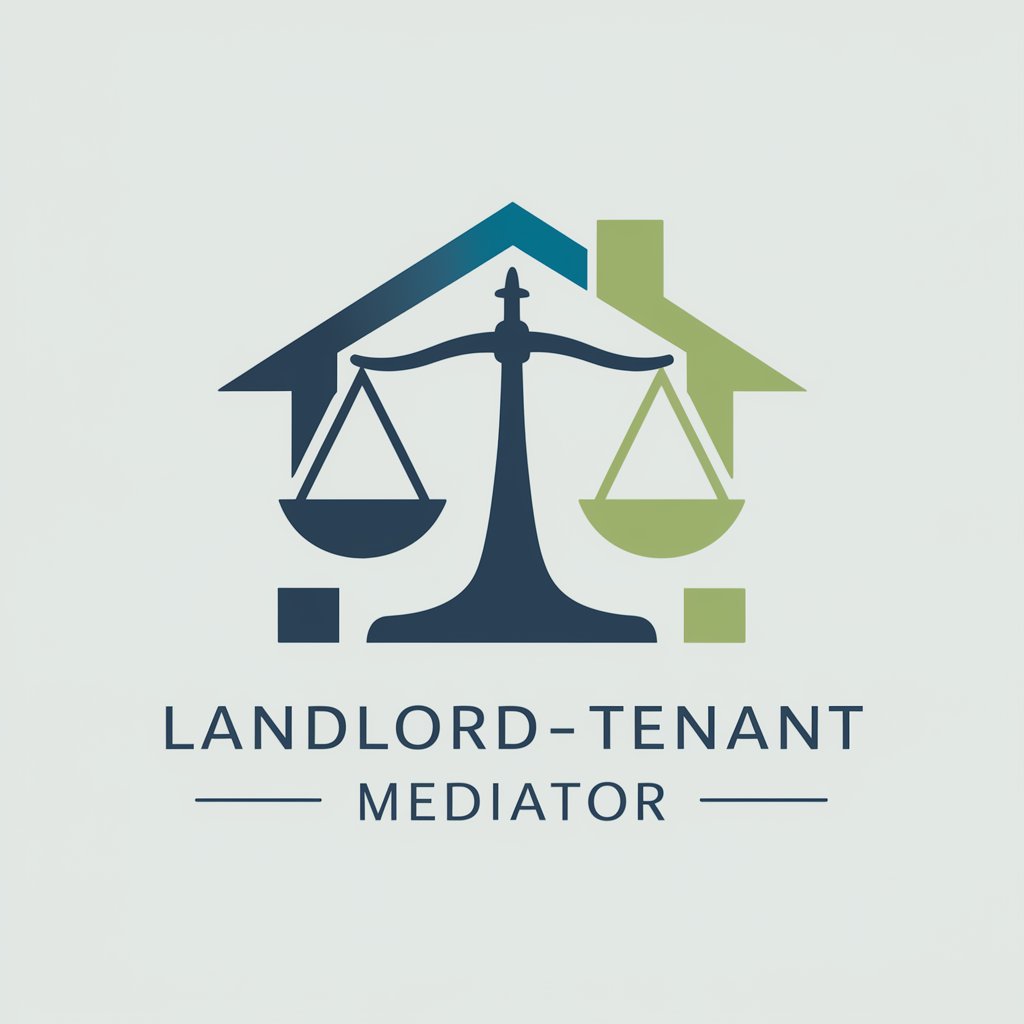
Tenant Helper
Empower Your Tenancy with AI
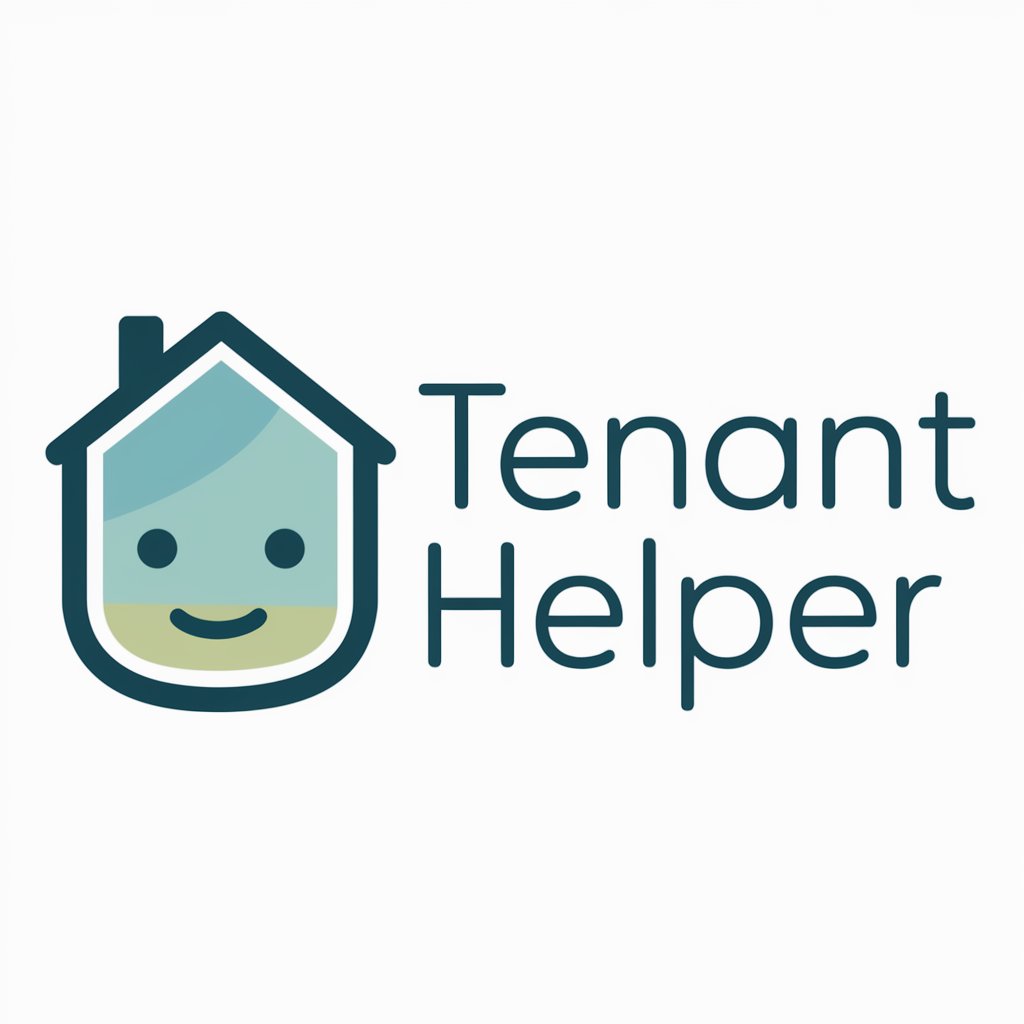
Landlord & Tenant Specialist
AI-Powered Landlord & Tenant Legal Advisor

Django tenants
Isolate data, share infrastructure with Django Tenants.
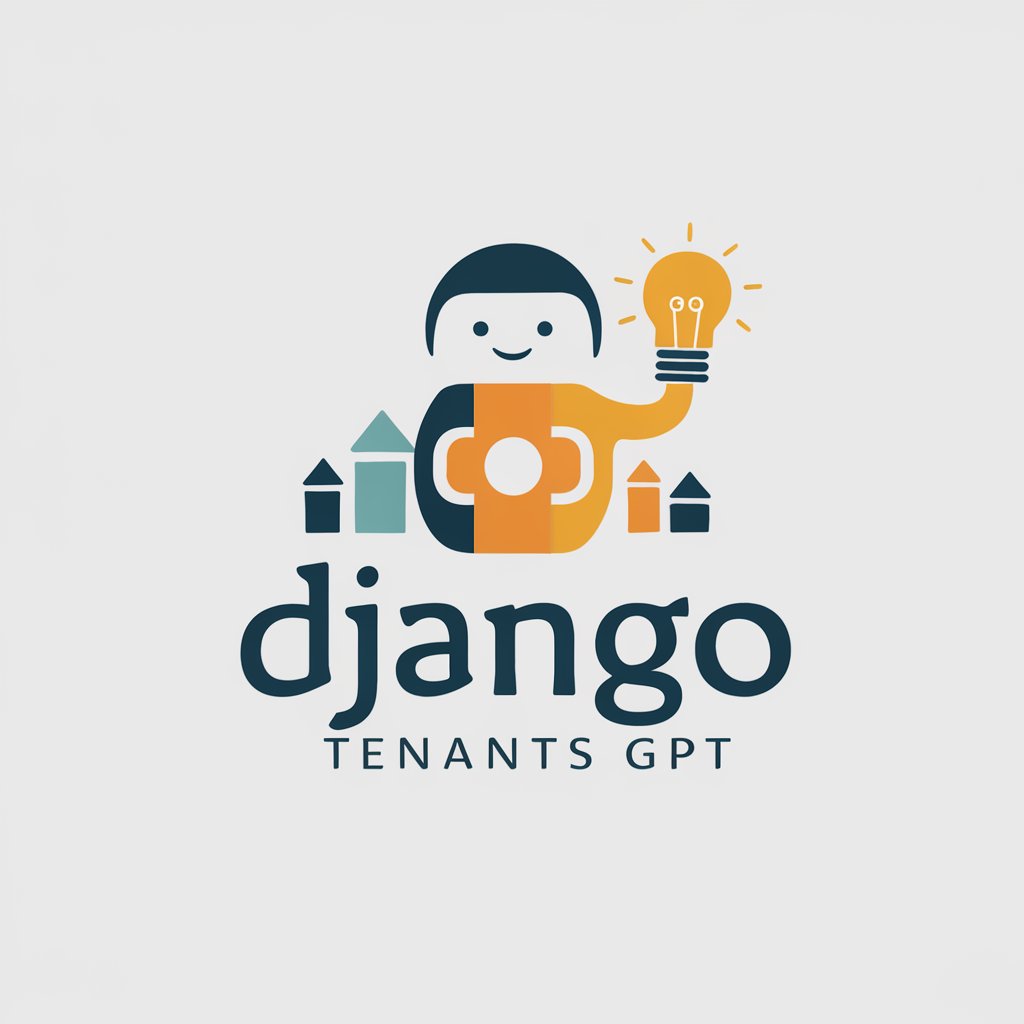
Washington State Guide for Tenants and Landlords
Empowering Tenants with AI-Driven Legal Guidance
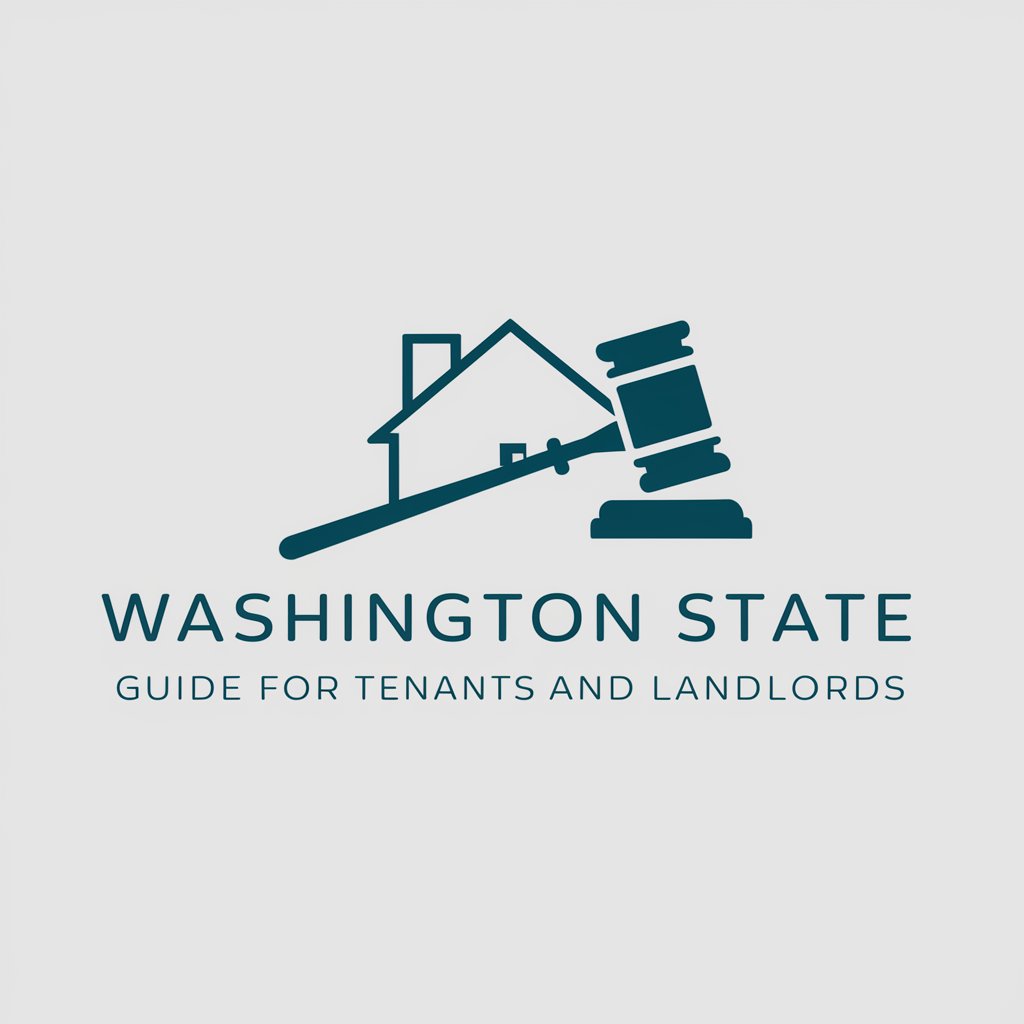
Montana Tenant GuideBot
AI-powered Montana Tenant Guidance
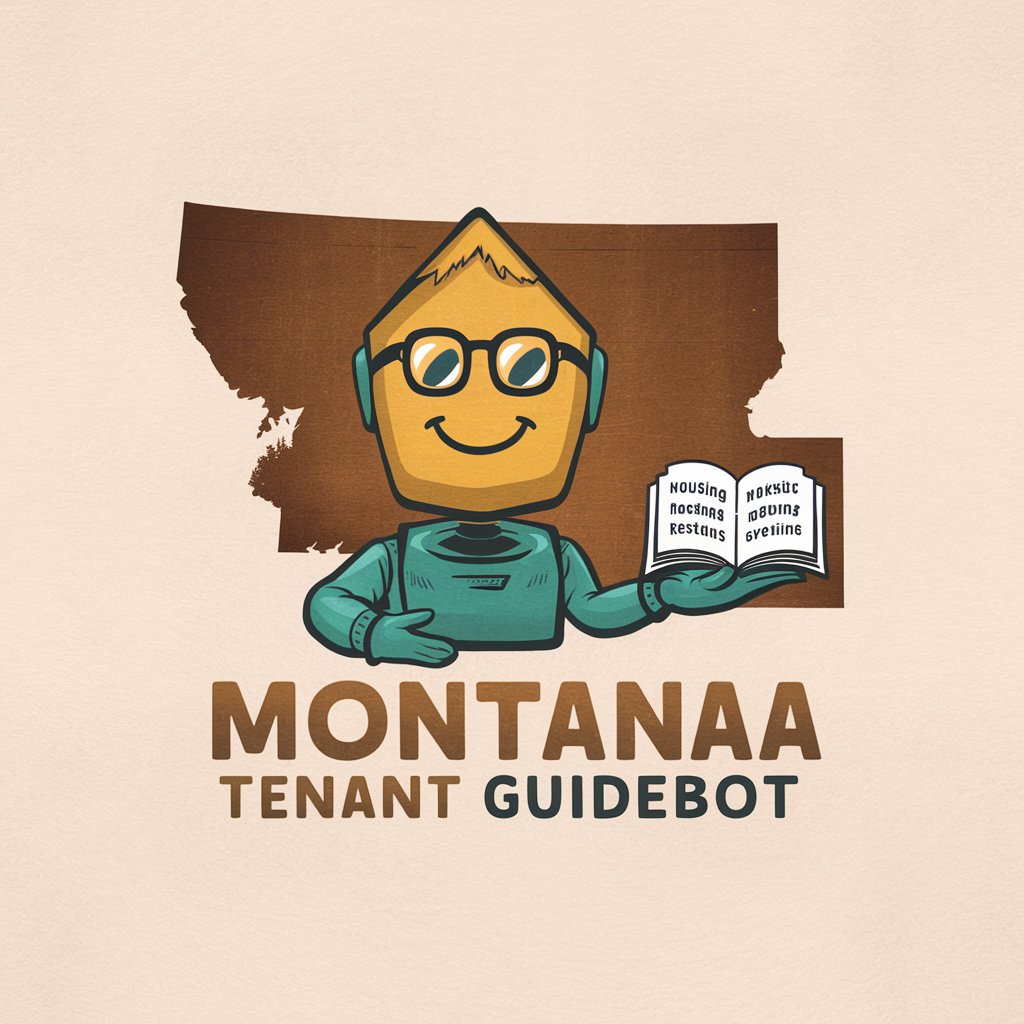
Ontario Tenant Screening analyzer
AI-powered tenant risk assessment and financial analysis.
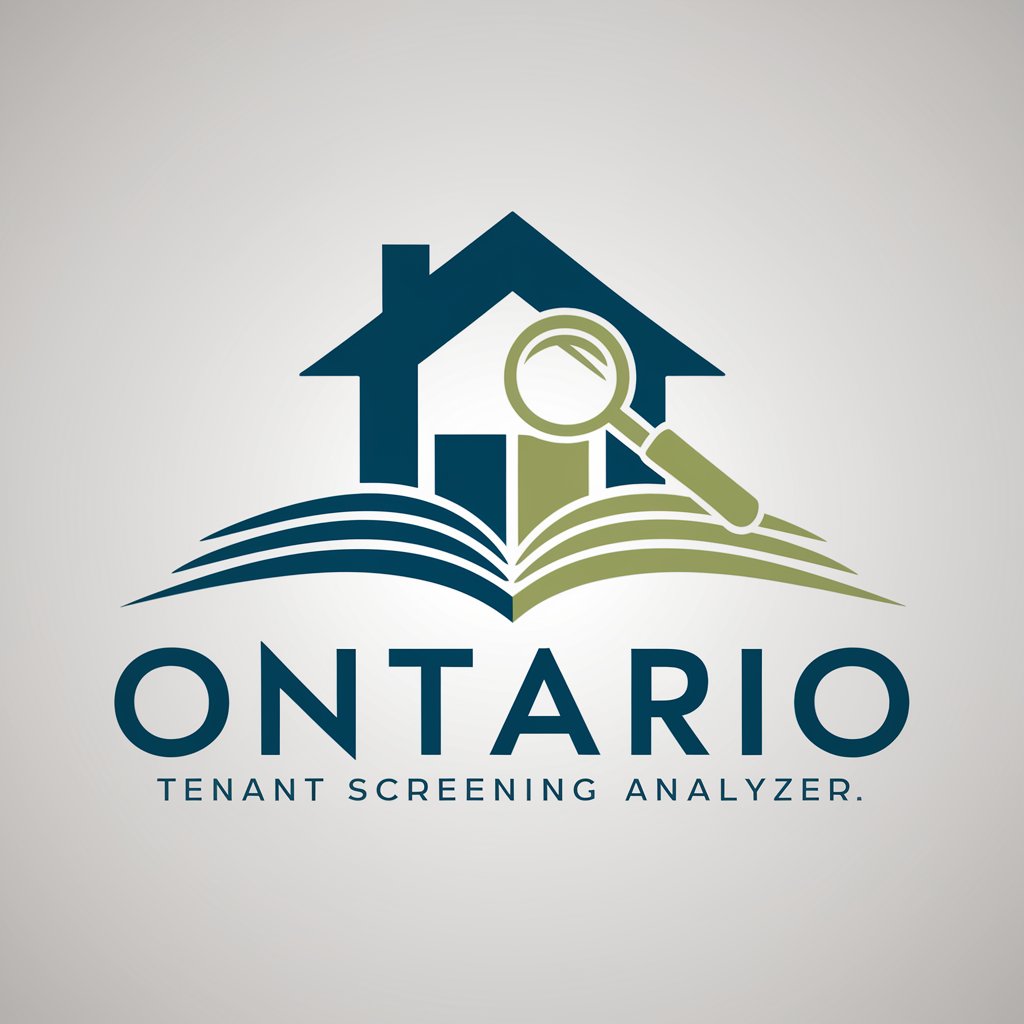
Cloud Chord
Compose music with AI creativity

Example Q&A on Landlord & Tenant Matters
How do I handle security deposits?
This depends on your province. Generally, you must place it in a trust and may need to pay interest to the tenant.
What's the process for evicting a tenant?
You need to provide written notice with a valid reason, following provincial guidelines. Reasons can include unpaid rent or breach of lease.
Can a landlord enter a rental unit without notice?
Generally, no. Landlords must provide notice, usually 24 hours, unless it's an emergency or if the lease agreement specifies otherwise.
How are rent increases handled?
Provinces set guidelines for how and when rent can be increased, including notice periods and maximum increase percentages.
What can I do if my landlord isn't making repairs?
Report the issue to your landlord in writing. If unresolved, contact your provincial tenancy board or a legal advisor for next steps.
